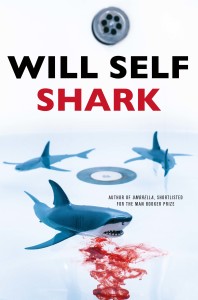“It’s strange knowing more about a writer than you do about what he has written – stranger still to know more about at least a couple of the books he has published than a cursory reading of them might afford. This second statement needs to be qualified: in asserting that it’s possible to know more of a book by reading about it than by actually reading it, it may seem that I’m trespassing into that odd area of enquiry occupied by none other than de Selby himself, the peculiar eminence grise – natural philosopher, psychologist, ballistician – whose enquiries into the nature of the world form the footnotes, and the queered epistemic backdrop to The Third Policeman.
“So, let me explain: The Third Policeman, by Flann O’Brien, is my kind of a book: heedless of the supposed dictates of literary naturalism or realism, steeped in Joycean word-play, penned by a dipsomaniacal Irish civil servant in the late 1930s, and sentenced to oblivion during his lifetime, only to be resurrected after his death and become a sort of off-beat minor classic. I must have heard of The Third Policeman when I was at university in the early 1980s – I certainly remember essaying O’Brien’s first novel, At Swim-Two-Birds but giving up on it due to my jejune inability to cope with its modernist inflections. From then until now, being in the literary line of work myself, I must’ve heard numerous references to the book in conversation and writing, so many and so various that about a decade ago I read the Wikipedia entry on it, and the entry on its pseudonymous author. (O’Brien’s real name was Brian O’Nolan, his novels and the satirical newspaper columns he published in the Irish Times and elsewhere appeared under various noms de plume due to the strict apolitical character of the Irish civil service during this period.)”
Read the rest of Will’s article at the Jewish Quarterly here.

